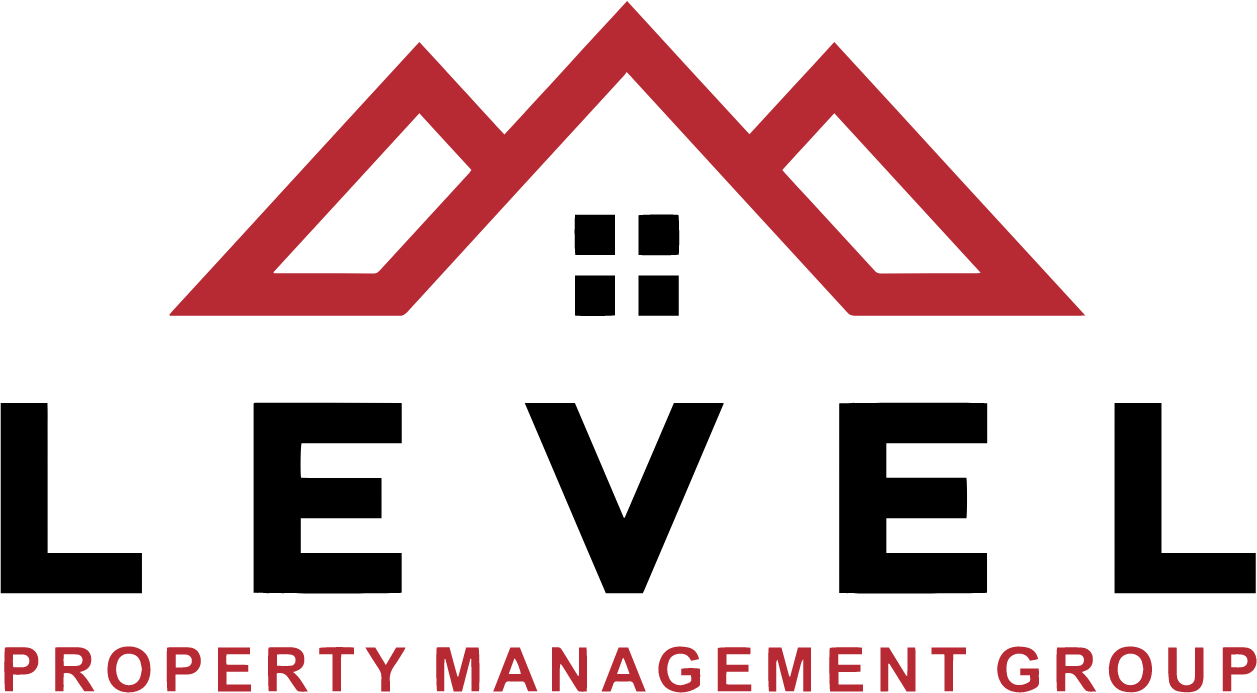Investing in commercial real estate can be a highly profitable venture if managed correctly. To maximize return on investment (ROI), commercial property owners must employ strategic planning, effective management practices and continual improvements. Here are some key strategies to help you maximize ROI on your commercial properties.
1. Optimize Property Management
Effective property management is crucial for maximizing ROI. This involves regular maintenance, prompt response to tenant needs and proactive property improvements. Hiring a professional property management company can ensure that your property is well-maintained and that tenant issues are handled efficiently, leading to higher tenant satisfaction and retention.
2. Improve Tenant Retention
Keeping high-quality tenants is essential for maintaining a steady income stream. To improve tenant retention, focus on:
- Building Strong Relationships: Foster good relationships with tenants through regular communication and by addressing their concerns promptly.
- Providing Excellent Customer Service: Ensure that your property management team is responsive and attentive to tenant needs.
- Offering Competitive Lease Terms: Provide flexible lease terms that cater to tenants’ needs and encourage long-term occupancy.
- Maintaining the Property: Regularly update and maintain the property to keep it attractive and functional.
3. Attract High-Quality Tenants
To attract and retain high-quality tenants, your property must stand out in the competitive commercial real estate market. Consider the following:
- Effective Marketing: Utilize various marketing channels, including online listings, social media and real estate brokers, to reach potential tenants.
- Offering Incentives: Provide incentives such as move-in discounts, flexible lease terms and tenant improvement allowances.
- Enhancing Curb Appeal: Ensure that the exterior of your property is well-maintained and inviting. Landscaping, signage and lighting play a significant role in attracting tenants.
4. Implement Energy-Efficient Upgrades
Investing in energy-efficient upgrades can reduce operating costs and make your property more attractive to environmentally conscious tenants. Consider implementing:
- LED Lighting: Replace traditional lighting with energy-efficient LED fixtures.
- Energy-Efficient HVAC Systems: Upgrade to modern HVAC systems that use less energy and provide better climate control.
- Insulation and Windows: Improve insulation and install energy-efficient windows to reduce heating and cooling costs.
5. Regular Maintenance and Upgrades
Regular maintenance and timely upgrades can prevent costly repairs and keep your property in top condition. Create a maintenance schedule that includes:
- Routine Inspections: Conduct regular inspections to identify and address potential issues before they become major problems.
- Scheduled Maintenance: Perform routine maintenance tasks such as HVAC servicing, plumbing checks and electrical inspections.
- Property Upgrades: Periodically update the property to keep it modern and appealing. This could include renovating common areas, updating exterior paint and upgrading amenities.
6. Diversify Revenue Streams
Maximize ROI by diversifying your revenue streams. This can be achieved by:
- Leasing to Multiple Tenants: If your property is large enough, consider leasing space to multiple tenants to reduce the risk of vacancy.
- Offering Additional Services: Provide additional services such as cleaning, maintenance and security to generate extra income.
- Utilizing Unused Space: Transform unused spaces into revenue-generating areas, such as storage units or parking facilities.
7. Financial Management and Reporting
Effective financial management is essential for maximizing ROI. Ensure that you:
- Monitor Cash Flow: Keep a close eye on income and expenses to ensure that your property remains profitable.
- Prepare Detailed Reports: Regularly prepare financial reports to track performance and make informed decisions.
- Plan for the Future: Create a financial plan that includes budgeting for maintenance, upgrades and potential market fluctuations.
Maximizing ROI on commercial properties requires a combination of strategic planning, effective management and continual improvements. By optimizing property management, improving tenant retention, attracting high-quality tenants, implementing energy-efficient upgrades, performing regular maintenance, diversifying revenue streams and managing finances effectively, you can enhance the profitability of your commercial property.
At Level Property Management Group, we specialize in helping commercial property owners maximize their ROI through comprehensive property management solutions. Contact us today at 251.210.1664 to learn more about how we can help you achieve your investment goals.





